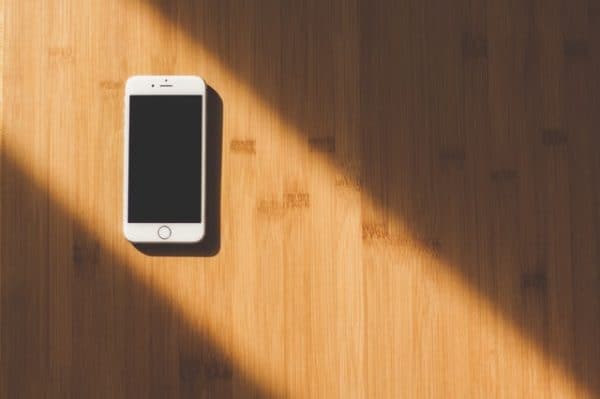We use our phone for everything nowadays, from bank transactions to online shopping, communication to bill payments. As such, a lot of sensitive personal information is stored on the phone at all times.
It is thus crucial to protect our phones from data theft and other security threats. Moreover, multiple harmful apps can steal your phone’s information and allow hackers to access your phone remotely.

To help you prevent your phone from being hacked, here are a few simple tips that you can follow:
- Frequently clear out your browsing history data, cookies, and cache
Ensuring the removal of your digital footprint prevents hackers from prying into stored data over the internet.
- If possible, try to avoid using unprotected open public WiFi networks
Hackers can easily target these open networks for fishing sensitive data like bank account details, ID, passwords, and others.
- Use a good VPN
If you have to use public WIFI networks, install a trusted VPN on your phone. This way, whatever data you are using over the WIFI will be encrypted, and you can stay safe online.
- Install a security or antivirus app
This will let you monitor any suspicious files on your phone and let you delete them promptly. Moreover, mobile security apps also allow you to set passwords for your applications, especially those containing personal data.
- Keep your mobile phone number private
Don’t give out your phone number randomly everywhere. This could lead to SMS scams, malware link sharing, and invasion of protected 2FA accounts.
- Use 2-factor authentication
This feature adds an extra layer of protection to your phone apart from the traditional passcodes in use.
- Transfer files
From time to time, make sure to transfer your gallery photos, videos, files, documents, and other stored information to an external drive or PC. This keeps your phone space free and also lessens the chances of data fishing.
- Password apps
You can use unique password protection apps to store critical passwords in an encrypted format. However, it is always better to not share your CVV and other essential codes in any cloud format of storage.
- Change your Bluetooth setting
It is better not to use unknown Bluetooth pairing. Also, don’t keep your phone in discoverable mode when you are not using Bluetooth transfer.
- Following Links
Do not click on random website links, as they are often insecure web pages with malware capable of fishing data remotely.
- Phone passcode
Change your phone’s passcode occasionally and keep it simple yet challenging to be guessed by unknown people. You can also turn on the remote lock feature to lock your data and protect it in case of theft.
Conclusion
Our phones have become a hard drive of information that comprises data ranging from personal to professional, and technically most details of our life. If this information is leaked into the wrong hands, it can be misused in a number of ways.
Hackers are always trying to pry into the privacy of people and strike in the most unprecedented ways. To remain safe and protect yourself from data theft, it is imperative that you keep in mind the tips mentioned earlier and the necessary awareness about how much to share.
 Gearfuse Technology, Science, Culture & More
Gearfuse Technology, Science, Culture & More

